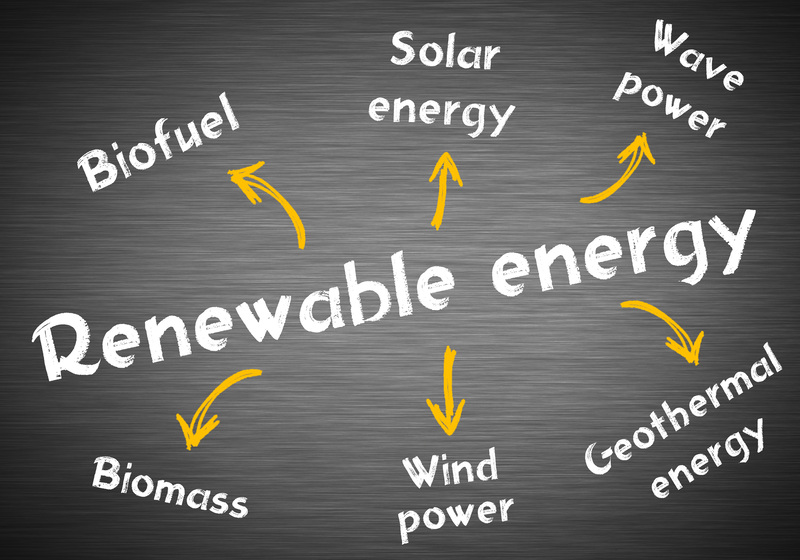Business Waste Management Tactics
Posted on 19/06/2025
Business Waste Management Tactics
Effective waste management is crucial for businesses looking to reduce their environmental impact, cut costs, and improve operational efficiency. In this article, we will explore various tactics that businesses can employ to manage waste effectively.
1. Waste Audits
Conducting regular waste audits is the first step toward better business waste management. Audits help identify the types and quantities of waste your business generates. By knowing what waste is produced, companies can develop strategies to reduce, reuse, or recycle specific materials.

2. Reduce Waste Production
One of the most effective ways to manage waste is to reduce it at the source. This can be achieved by:
- Streamlining operational processes to minimize waste
- Using digital instead of paper-based systems
- Encouraging double-sided printing
- Implementing portion control in food services
3. Reuse and Repurpose
After reducing waste, the next step is to find ways to reuse or repurpose materials. This can involve:
- Donating old furniture and office supplies to charities
- Repurposing scrap materials for new projects
- Using reusable containers instead of disposable ones
4. Recycling Programs
Recycling is one of the most well-known waste management practices. Businesses should establish comprehensive recycling programs for materials such as paper, cardboard, plastics, metals, and electronics. Employees should be trained on what can be recycled and where recycling bins are located.
5. Composting Organic Waste
For businesses that produce organic waste, such as restaurants or grocery stores, composting can be an effective waste management tactic. Composting organic waste not only reduces the amount of waste sent to landfills but also produces valuable compost that can be used in gardens or landscaping projects.
6. Partnering with Waste Management Services
Partnering with professional waste management services can provide businesses with the expertise and resources needed to handle waste effectively. These services can offer customized solutions, such as scheduled pickups, hazardous waste disposal, and on-site waste processing facilities.
7. Employee Training and Engagement
Employee involvement is critical for the success of any waste management program. Regular training sessions and awareness campaigns can motivate employees to adopt waste reduction behaviors and follow proper waste disposal procedures.
8. Monitoring and Reporting
Continuous monitoring and reporting are essential to track the progress of waste management initiatives. Businesses should set measurable goals and use key performance indicators (KPIs) to assess their effectiveness. Reports can provide insights into areas where further improvements can be made.
Pros and Cons of Business Waste Management
Pros:
- Environmental benefits: Reducing landfill waste and pollution
- Cost savings: Lower disposal costs and potential tax incentives
- Improved brand reputation: Demonstrating corporate social responsibility
- Regulatory compliance: Meeting local and national waste management regulations
Cons:
- Initial setup costs: Investment in waste management infrastructure and services
- Change management: Resistance from employees and stakeholders
- Ongoing effort: Continuous monitoring and reporting requirements
Tips for Effective Waste Management
- Start small: Implement simple waste reduction practices first, then scale up.
- Engage employees: Involve staff in waste management initiatives and seek their input.
- Leverage technology: Use software and apps to track and manage waste.
- Review regularly: Conduct regular audits and reviews to identify opportunities for improvement.

Takeaways
Effective business waste management involves a combination of reducing waste production, reusing and repurposing materials, implementing recycling programs, and engaging employees. Regular monitoring and reporting are crucial for measuring success and making continuous improvements.
Conclusion
Implementing effective waste management tactics can provide significant environmental and economic benefits for businesses. By conducting waste audits, reducing waste production, reusing materials, and engaging in recycling and composting, businesses can minimize their environmental impact and achieve cost savings. Partnering with professional waste management services and engaging employees in these initiatives are essential components for success.

 020 8610 9486
020 8610 9486













